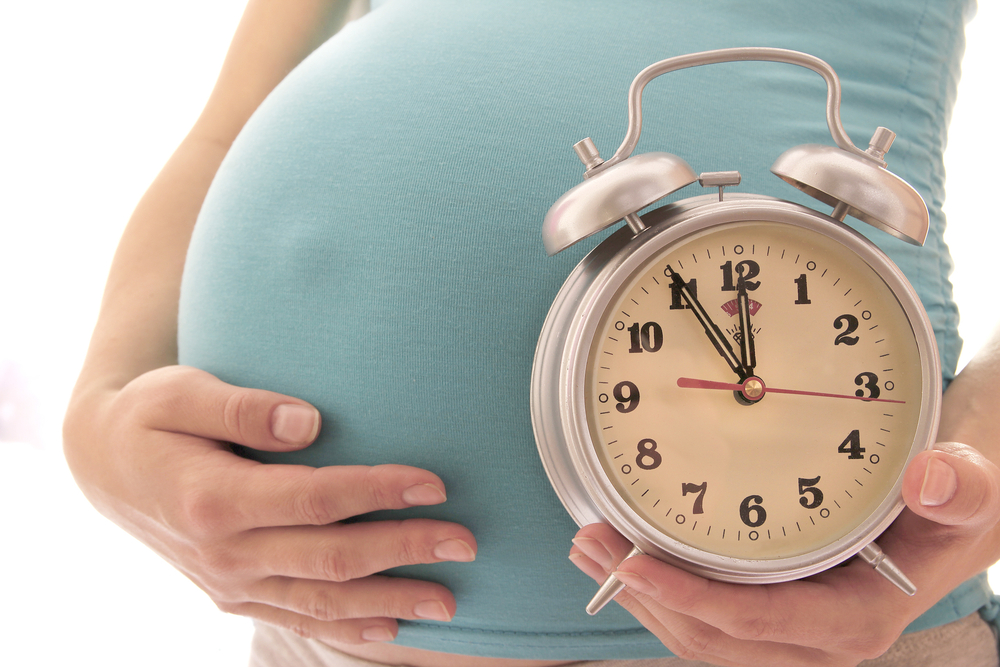Getting pregnant isn’t as easy as you might think. Women are fertile for very narrow windows during their menstrual cycle. Although there are many ways to tell if you are ovulating, a follicular study can give you detailed information and make conception that much easier.
Follicles and Fertility
Women release one egg every cycle. This egg is released into the fallopian tube, where it waits for fertilization. If the egg is not fertilized, it is discarded through menstruation.
Before they are released, eggs are held inside masses of tissue called follicles. A woman can have up to 400,000 follicles. Each follicle holds one egg. Before it releases this egg, the follicle goes through a development cycle that can be tracked by your doctor.
Not all follicles successfully develop and release an egg. Some follicles rupture before the egg is ready; others never even begin the process. If you’re experiencing fertility issues, your doctor will probably recommend a follicular study to find out what’s going on.
How Follicular Studies Work
A follicular study is a process of monitoring your follicular development and predicting when the next egg will be released. The science isn’t perfect, but it’s significantly more advanced than you might think.
Doctors accomplish this by taking an ultrasound scan of your ovaries. Once the image is captured, an experienced sonographer will read and interpret the information. Your doctor might also take urine or blood samples in order to monitor your hormone levels and your overall health.
Follicular studies aren’t just used to check on the status of your follicles. Because they’ve already taken an ultrasound, your doctor will see how thick the lining of your uterus is, confirm that your ovaries are in good health, and see if they can spot any other obvious fertility issues.
Should You Get a Follicular Scan?
Most women don’t need to undergo a follicular study. Your doctor will usually recommend the process if you’ve been trying to get pregnant for several months without success. You should also consider getting a follicular scan if you’ve had a miscarriage, a ruptured ovary, or another medical issue that can be identified with an ultrasound.
What to Expect from a Follicular Study
A follicular study occurs across a single menstrual cycle. Your doctor will want to take between four and six scans at different points throughout your cycle; this will make it easier to find out when ovulation is happening and how large your fertility window actually is.
The scan itself involves inserting a sterile probe into your cervix. Just as with a visit to the gynecologist, you will need to lie down on the operating table in the stirrup position. Luckily, the sonographers who conduct follicular studies are extremely professional. The actual process usually takes less than ten minutes.
There are no side effects caused by follicular studies. Some women find the process to be invasive; if you’re worried, consider bringing your spouse or a friend for emotional support.
Follicular studies are simple and effective procedures that can provide you with a lot of information about your ovulation cycle. Talk to your doctor about whether a follicular study is appropriate for your situation.











